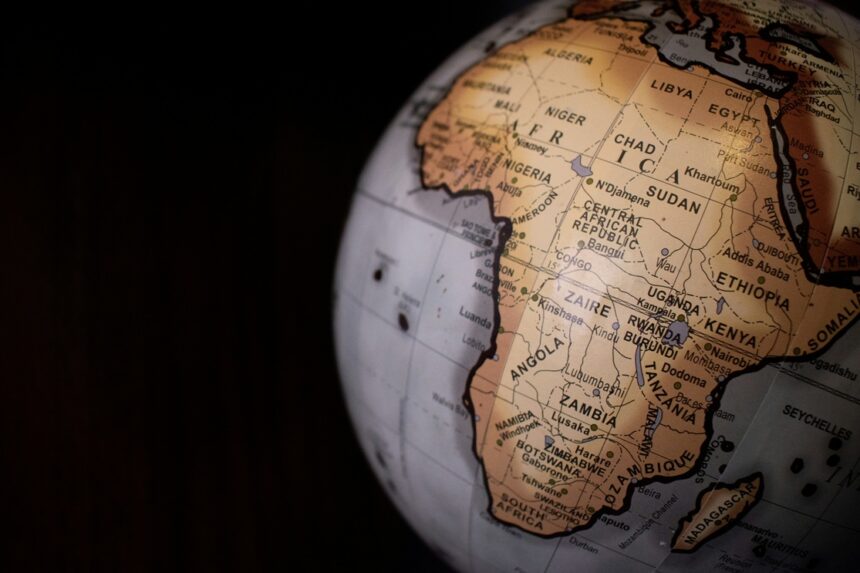The competition to succeed Moussa Faki Mahamat as the Chairperson of the African Union Commission (AUC) in February 2025 is rapidly heating up African Union leadership race.
A diverse array of distinguished candidates has emerged in the African Union leadership race, each vying for a prestigious position with distinct backgrounds and innovative ideas for the future of the continent.
As the race unfolds, the stakes are high, with each contender presenting their vision to address the pressing issues facing Africa.
The candidates in the forthcoming election for African Union Commission chair (AUC) are Raila Odinga of Kenya, Mahmoud Ali Youssouf of Djibouti, and Richard Randriamandrato of Madagascar.
Odinga, long-time Kenyan opposition leader and former prime minister is considered a frontrunner, backed by endorsements from East African leaders and Kenyan President William Ruto.
Odinga has emphasized the need for African representation with veto powers on the global stage, focusing on education, healthcare, infrastructure, and intra-African trade. His campaign highlights the urgency for Africa to fund its own peace and security initiatives, reducing dependency on foreign aid.
Youssouf from Djibouti has emerged as a strong contender too, particularly after gaining endorsements from the outgoing AUC Chairperson, Moussa Faki Mahamat, and support from the Francophone bloc and the Organization of Islamic Cooperation (OIC). His campaign focuses on taking charge of Africa’s peace and security agenda, advocating for more proactive measures in conflict resolution and less reliance on foreign interventions.
Randriamandrato from Madagascar has been reported to be emerging as the dark horse in the race. He has pledged for gradual steps towards full trade liberalization to foster inclusive economic growth.
Meanwhile, the electoral process involves a complex system of regional rotation and gender parity, where the Eastern region, which includes Kenya, is eligible for the Chairperson role, while the Northern region is for the Deputy Chairperson.
The African Union utilizes a rotational leadership system that cycles through its five distinct regions—Eastern, Central, Western, Southern, and Northern—to ensure a just and balanced distribution of leadership roles across the diverse continent.
The election is scheduled to take place during the prestigious AU Summit billed for February 2025 in the capital city of Addis Ababa, Ethiopia.
The voting process is conducted using a secret ballot to ensure the confidentiality of each voter’s choice and to prevent any undue influence on the decision-making process. In this structure, the Executive Council holds the authority to elect and appoint Commissioners, while the Assembly of Heads of State and Government is responsible for electing both the Chairperson and the Deputy Chairperson.
To secure victory, a candidate must obtain a two-thirds majority of the votes cast. If, after three rounds of voting, no candidate achieves this required majority, the process shifts. Only the two candidates who receive the highest number of votes will advance to subsequent rounds of voting, continuing until a definitive winner is declared.





